
Research note from SVB Leerink says revenue erosion once biosimilars hit the market in 2023 may be more gradual than some prior predictions.

Research note from SVB Leerink says revenue erosion once biosimilars hit the market in 2023 may be more gradual than some prior predictions.
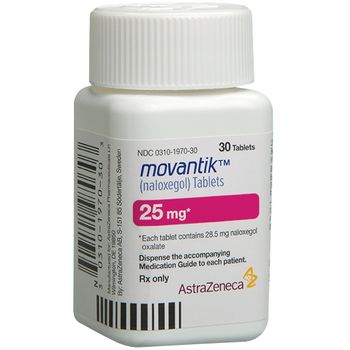
The therapy for opioid-induced constipation has no restrictions on an unidentified national formulary that serves these Blues plans.

The new indication provides a subcutaneous option for multiple myeloma that can be administrated in minutes, rather than hours.

Home-based testing could be a less expensive way to improve preventive care.
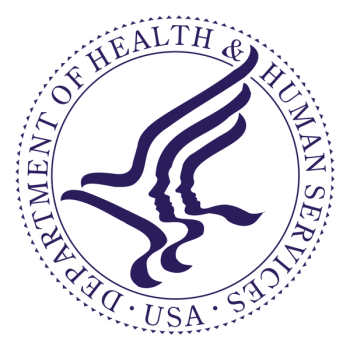
The review will determine whether there should be a national Medicare coverage policy for the Alzheimer’s therapy.

Low prices and some gaming of regulations can drive out competitors and create monopolies that allow generic makers to jack up their prices. Experience has shown that it often takes multiple generics to achieve the promised-for downward pressure on prices.

Harvard clinicians say the case for mandating COVID-19 vaccination is stronger than it is for mandating flu shots — and give eight reasons why

Burnout is a long-standing issue among staff in healthcare and a key contributor to America’s on-going nurse shortage, says Karlene Kerfoot in this opinion piece.
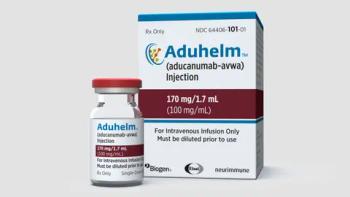
Commercial insurers are beginning to provide coverage information on Biogen’s controversial therapy.

To say that Covid-19 has permanently transformed the meetings and events landscape would be stating the obvious, authors share in this opinion piece.

Findings from industry studies show major cost savings for beneficiaries in Medicare Advantage plans. Some say the cost per enrollee for the government is higher than that for traditional Medicare.

Keytruda loses one indication but gains another, Biogen narrows use of Aduhelm, Padcev gets regular approval and expanded indication, Amgen submits application for asthma biologic, agency issues complete response letter for diabetes prevention therapy teplizumab, Novartis resubmits NDA for inclisiran.
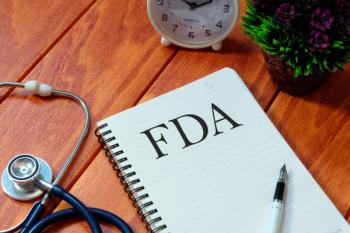
In carpentry, it is best to measure twice and cut once. In cancer clinical trials, it is best to measure patient-reported outcomes uniformly, according to a new draft guidance from the FDA.
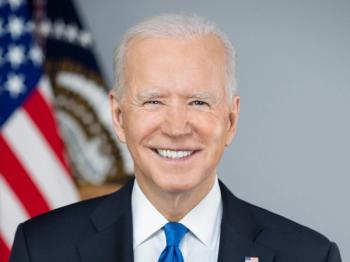
This is part of a larger effort by President Joe Biden to promote competition in the American economy.

Hospital mergers, drug prices, and non-compete clauses for the rank and file are all targets of President Joe Biden’s pen today as he signed a sweeping executive order instructing federal departments and agencies to reshape what he called “booming” economy by putting workers first, encouraging higher wages and the opportunity for mobility.

A health system is using low-cost screening tools to identify hospitalized patients who may have also have obstructive sleep apnea.

The specialty pharmacy is licensed in all 50 states.

This is the eighth generic version of the drug to treat insomnia.
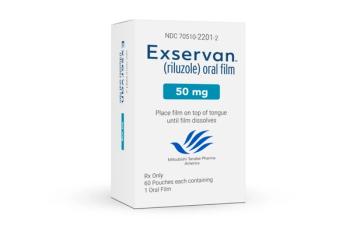
Orally dissolving film formulation of riluzole is now available for patients who have difficulty swallowing.

Insurer also moves two approved biosimilars for Remicade, Avsola and Inflectra, to preferred status.
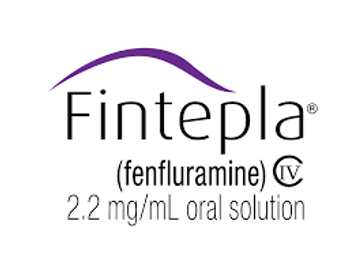
The biggest price increase was a 9.5% rise for Zogenix’s Fintepla (fenfluramine), used to treat seizures associated with Dravet syndrome.

Males, in particular, have a higher risk of high blood pressure if they have obstructive sleep apnea that goes unaddressed.

The single-dose antibiotic with a one-hour infusion is approved to treat MRSA and other skin infections.

MHE Associate Editor, Briana Contreras, spoke with CEO of Inteliquet, a cancer solutions provider that strives to match patients to clinical trials accurately and promptly in healthcare, Marie Lamont. In this episode Marie discusses the challenges that have affected clinical trials and cancer screenings and how to get trials back on track through technology to avoid the wave of undiagnosed patients post-COVID. She also shared how broadening them through diversity can improve trials.

New research and updated treatment guidelines add to knowledge base on this rare blood cancer.

Everyone seems to be gearing up for value-based care, 2.0. It is hard to argue against the goal of moving from “volume to value.” The jabbing and the jostling are about the best way to get there.

Despite an advisory committee recommendation for approval, the FDA did not approve what would have been the first disease-modifying therapy for type 1 diabetes.

According to the American Urological Association, 72.5% of urologists used Advanced Practice Providers in their practice and these healthcare providers performed a variety of procedures such as a cystoscopy (procedure examining bladder lining), which assists in the diagnosis of bladder cancer. Evidence shows patients have demonstrated a growing acceptance of APPs in urology practice settings.

New, extended-release therapy for post-operative pain reduces the need for opioid pain relief.

The Leukemia & Lymphoma Society is providing grants to increase trial enrollment of ethnic and racial minorities.